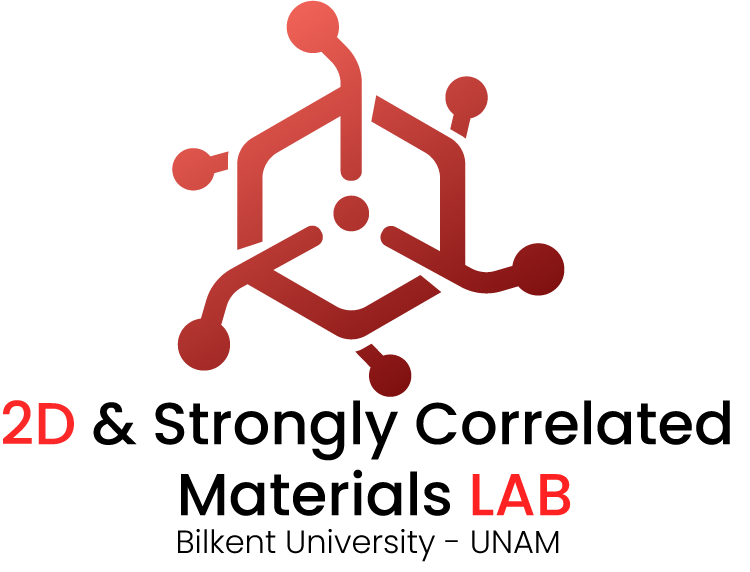We published a new paper in collaboration with Dr. Aydan Yeltik’s group (TOBB ETU), recently accepted in JPhys Materials. High-quality monolayer films were achieved by precisely controlling carrier gas flow and sulfur vaporization with a customized CVD system. Additionally, we explored the impact of chemical treatment using lithium bistrifluoromethylsulfonylamine (Li-TFSI) salt on the optical properties of monolayer MoS2 crystals. To investigate the evolution of excitonic characteristics, we conditionally grew monolayer MoS2 flakes by controlling sulfur evaporation. We reported two scenarios on MoS2 films and flakes based on substrate-related strain and defect density. Our findings revealed that high-quality monolayer MoS2 films exhibited lower treatment efficiency due to substrate-induced surface strain, whereas defective monolayer MoS2 flakes demonstrated a higher treatment sensitivity a p-doping effect. The Li-TFSI-induced changes in exciton density were elucidated through photoluminescence (PL), Raman, and X-ray photoelectron spectroscopy (XPS) results. Furthermore, we demonstrated treatment-related healing in flakes under variable laser excitation power. The advancements highlighted in our study carry significant implications for the scalable fabrication of diverse optoelectronic devices, potentially paving the way for widespread real-world applications.
New Paper: Glass helps monolayer MoS2 growth
/
